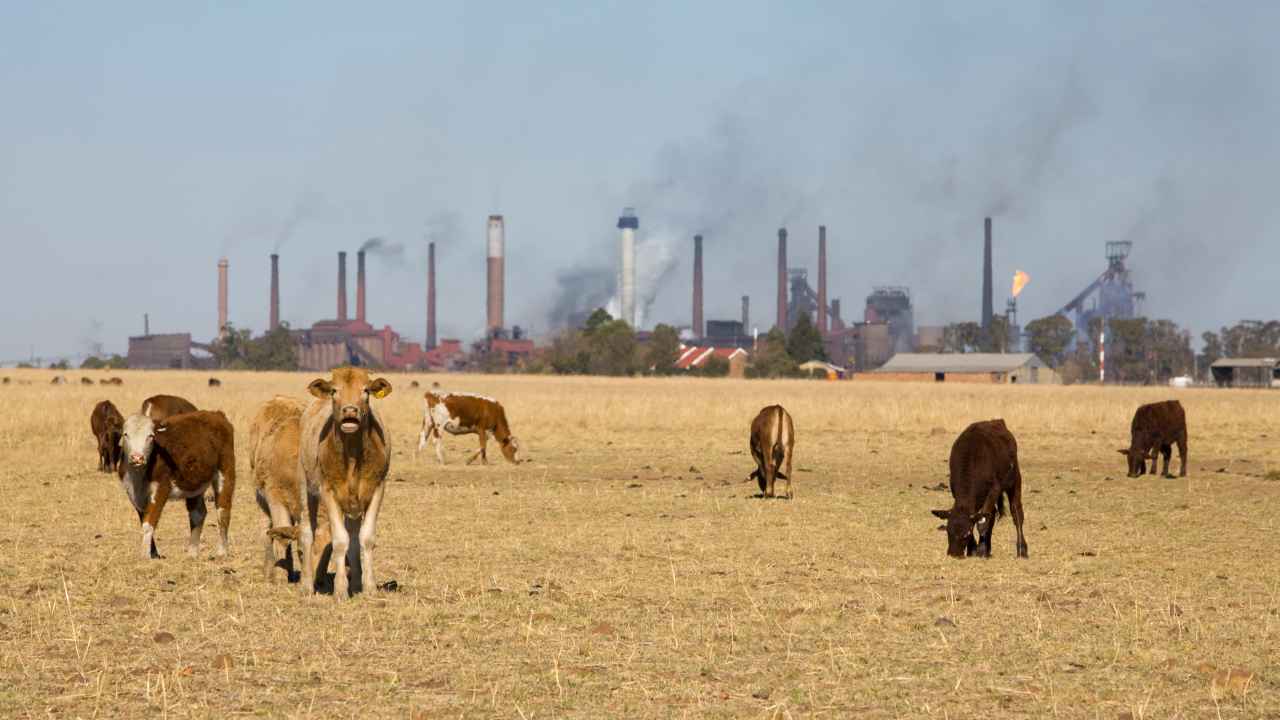



Oscar Pearse, a sixth-generation farmer, is anticipating the greatest crop his family farm has produced in 90 years. The 2800-hectare property has been managed by the mixed-crop farmer from Moree in northeast NSW for 11 years. Since then, he’s assisted in the regeneration of portions of the land, resulting in a reduction in cropping footprint. He says he’s regenerating the area for economic reasons, while his parents planted trees for environmental grounds 30 years ago. Building soil carbon improves soil health and makes a farm more productive and drought-resistant.
However, the 41-year-old claims that he hasn’t grown more trees because he isn’t paid for it. “As we speak, carbon is being sequestered in front of me, and I’m not getting any recompense for it, and I’m sick of it,” Mr Pearse adds. “People of my parents’ era are afraid about being ripped off again.” He’s one of an increasing number of farmers who want a “fair shake” in exchange for supporting a national goal of net zero emissions by 2050.
The National Farmers Federation welcomes a net-zero emissions objective by 2050, but it also wants fair compensation for members who have been harmed by Australia’s prior climate change targets. Fiona Simson, the president of the Federation, was scheduled to speak to the Nationals party room on Monday on climate change targets for primary producers, but the meeting was postponed. Farmers, according to Ms Simson, deserve recompense for the losses they experienced during the Kyoto climate change negotiations and in the 1990s, when their property rights were taken away without compensation.
According to the federation, this technique delivered over 400 million tonnes of surplus carbon sequestration. Because of the convoluted relationships between the states and the Australian government, Ms Simson admits that any financial compensation is improbable. “We’ll have to face it when the time comes if we don’t receive all of the things we’re asking for,” Ms Simson told AAP. Mr. Pearse believes it will be difficult to persuade farmers to assist cut emissions in the future unless they are recognised for growing carbon-neutral products.
The management of the Australian farmland is one of the few ways that emissions can be offset in an economically viable way; that can be through farmers planting trees, through farmers improving their soil carbon. Realistically, the wider Australian economy needs farmers to be engaged and to be participating in that market. Nonetheless, it seems very clear: if the farming personnel don’t get any recognition, they can’t expect the farmers to participate in the future.
Article by: Hari Yellina (Orchard Tech)